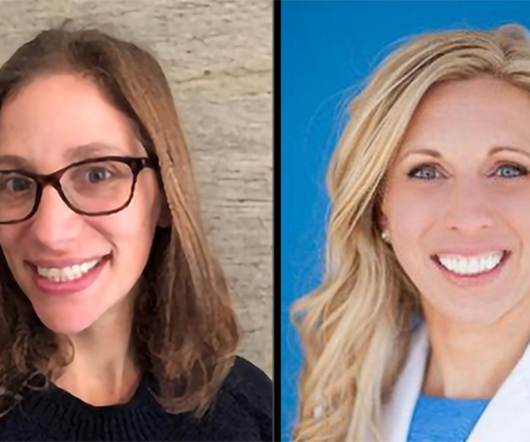Screening for Dementia: A Podcast with Anna Chodos, Joseph Gaugler and Soo Borson
GeriPal
JULY 19, 2024
I’m a dementia specialist, and so what I was experiencing was that many people were coming to see me to get a diagnosis of a very straightforward case of mild Alzheimer’s or moderate Alzheimer’s disease, whose doctors had told them there was nothing wrong with them or that their memory was better than my own, says the doctor.

















Let's personalize your content